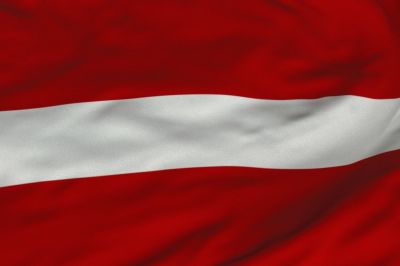
Latvia’s higher education system has successfully embraced the three cycle system – Bachelor (undergraduate), Master (graduate) and Doctoral studies - in accordance with the Bologna process. However, in some study fields such as medicine, pharmacy, dentistry and veterinary medicine, long studies involving qualification or residency periods are still provided.
Higher education is provided as academic and professional programmes in two types of institutions: non-university (up to Masters's degree) and university (up to Doctoral degree) augstskola. Most higher education institutions run both academic and professional programmes. Short-cycle professional higher education programmes are offered also by koledža. The qualification obtained after completing any of the long study programmes (e.g. medicine) is equated to Master's degree, according to Latvian legislation.
The strategic objective of academic higher education is to provide acquirement of theoretical knowledge and research skills, preparing for independent scientific research activities in the chosen field of science. The main aim of Bachelor study programmes is to provide students with scientific background for professional activities. Studies should favour the development of scientific analysis capacity and skills to solve problems independently.
The aim of Master study programmes is to prepare students for activities of independent scientific research; the main task – to promote the use of theoretical knowledge and research skills.